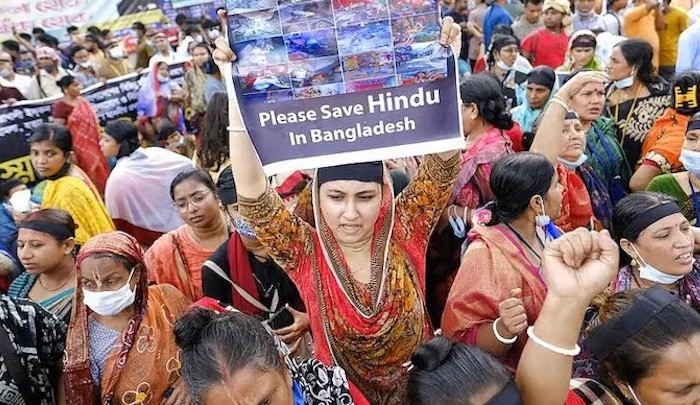EU-Arab delegation enters Judea and Samaria off designated war-zone route; IDF responds with warning shots
- Mahamunimodi Team
- May 23
- 3 min read

On Wednesday, the Israel Defense Forces (IDF) confirmed that its soldiers had fired warning shots near a group of approximately 25 international diplomats visiting the West Bank city of Jenin. The incident, which has since stirred diplomatic tensions, involved representatives from both Arab and European nations, including diplomats from Spain and Canada.
According to an official IDF statement, the visit by the diplomatic delegation had been pre-coordinated with Israeli authorities, given the sensitivity of the region. Jenin, a city known for being a flashpoint of armed conflict and militant activity in the northern West Bank, has been under heightened military operations by the IDF in recent months. Due to ongoing security threats, the IDF had provided the delegation with a specific and approved route to ensure their safety during the tour.
However, as the delegation entered the area, they allegedly strayed from the pre-agreed route and ventured into a zone that was considered a restricted active combat area. In response, IDF soldiers, reportedly concerned for both their own safety and that of the diplomats, fired warning shots into the air as a deterrent measure. No injuries or property damage were reported as a result of the incident.
The IDF emphasized that the warning shots were not aimed directly at the delegation but were intended solely to halt their advance and redirect them back to a safer area. In a statement released shortly afterward, the military expressed regret over the “inconvenience caused,” acknowledging the seriousness of the situation, particularly given the international makeup of the visiting group.
Further developments came through Israeli Army Radio, which reported that the military intended to issue a formal apology to the delegation, recognizing the gravity of the event. The IDF’s handling of the situation, despite its non-lethal nature, has drawn criticism from diplomatic circles.
European Union Foreign Minister Kaja Kallas responded strongly, calling the incident “unacceptable.” Speaking from Brussels, she stated, “Any threats to the lives of diplomats are completely unacceptable,” underscoring the EU’s stance on the protection of diplomatic personnel under international law.
Spain’s Foreign Ministry also issued a sharp condemnation, revealing that one of its diplomats had been part of the targeted group. “There was a Spaniard in the group of diplomats who is well,” Spanish diplomatic sources confirmed, adding that they were coordinating with other affected countries to draft a collective response. “We strongly condemn what occurred,” the ministry emphasized.
This event brings to light the complexities and dangers involved in diplomatic visits to conflict zones like Jenin. The city has long been a center of militant resistance and Israeli counter-terror operations, especially since the resurgence of violence following the collapse of peace negotiations in recent years. Israeli security forces frequently carry out raids in the area, targeting what they describe as militant infrastructure, particularly associated with factions such as Palestinian Islamic Jihad and elements of Hamas.
While diplomatic visits are crucial for international observers to gain firsthand insight into the conditions on the ground, incidents like this one reveal the fragility of such efforts in a volatile security environment. The confrontation has not only triggered questions about operational communication between diplomatic corps and military authorities but has also intensified calls for better safeguards for international envoys.
The broader implications of this event could impact Israeli-European relations, already strained over various aspects of the ongoing Israeli-Palestinian conflict. With tensions escalating across the West Bank and Gaza, the need for clearer coordination and stronger protective protocols for diplomatic personnel has never been more apparent.
In the aftermath of the incident, all eyes are on how the Israeli government, its military leadership, and the involved foreign ministries will navigate the diplomatic fallout.



Comments